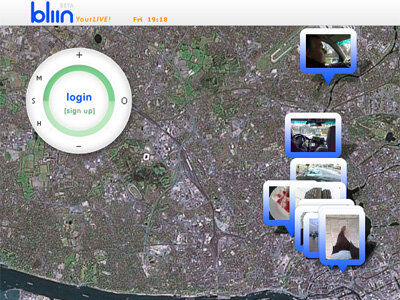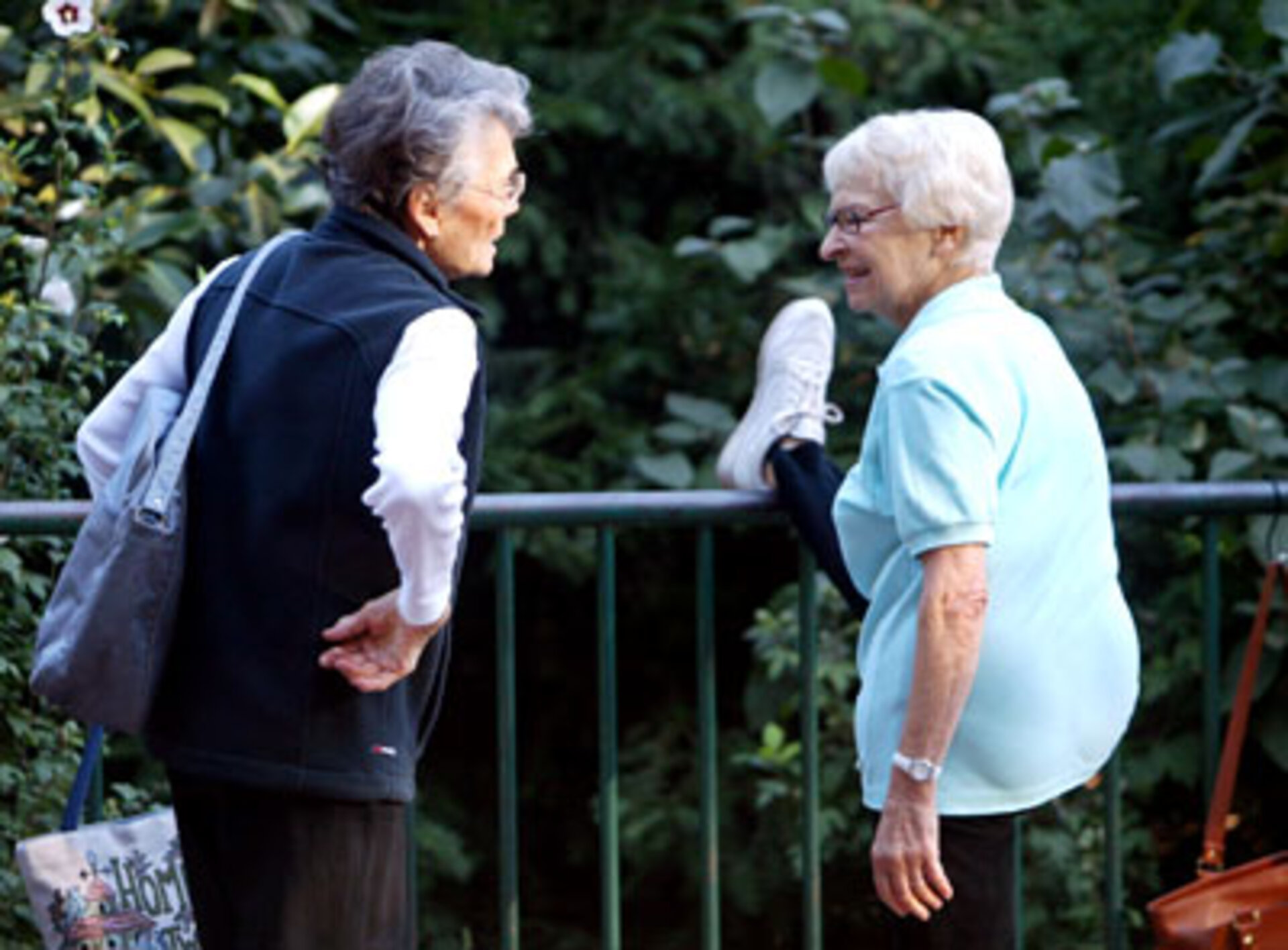Keeping track of the vulnerable with EGNOS
Liveline, an online tracking service for vulnerable people such as the elderly and children, under development by Dutch start-up company bliin using EGNOS data, will be demonstrated at the Galileo Application Days that will take place 3–5 March in Brussels.
The service can be used to inform a close circle of authorised people, typically family and caregivers, where a vulnerable person is at all times. An early version, based on bliin’s existing social network technology, will be demonstrated to the public during the Galileo Application Days.
“Our goal is to produce a secure application that can be licensed as a product to smaller communities, so they can be aware at all times of the location of the vulnerable people under their responsibility,” says Stef Kolman, founder and Vice-President of bliin BV.
Liveline for vulnerable people

bliin teamed up with Luxemburg start-up DKE-Aerospace, Luxemburg security experts ITRUST and Belgian research institute EHSAL-HIG to develop a solution that meets all the requirements for such a system.
DKE-Aerospace will introduce EGNOS/EDAS into the ‘Liveline’ service to achieve maximum location accuracy, ITRUST will add high-security mechanisms and EHSAL-HIG will identify the specific requirements that users want.
The elderly often suffer from forgetfulness or even dementia and those responsible for their care share a common worry that they may wander off and be unable to find their way back. If this happens it is essential to locate them as quickly as possible, as their disorientation may put them in serious danger from cold weather, road accidents or crime.

Mr Kolman emphasises, “The Liveline service puts a family-centric location-sharing tool in your hands which is designed to give you comfort and security by knowing a relative's location immediately over a private and secure network.”
Similar systems to Liveline exist but most depend on one specific mobile phone provider. For example the American AT&T system can only be used within its own network, which means that all family members and caregivers must use the same provider. This is not the case with Liveline.
“Our Liveline service is completely independent of the carrier as it operates in the browser environment,” says Mr Kolman. “As the service is based on an open platform concept, it can be used not only to locate missing people but also to integrate sensors to monitor their health, for example heartbeat, temperature and humidity. Liveline offers one single solution that operates across all the borders that current tracking services for vulnerable people face.”
bliin: incubated at ESA BIC Noordwijk

In 2008–09 bliin participated in ESA’s business incubation initiative. The Agency’s Technology Transfer Programme Office supported the company during the development phase of their system, which is also named bliin, with expertise in engineering, legal aspects, intellectual property and marketing.
bliin is a GPS-enhanced mobile and online social network that can be used to trace individuals and exchange location-based information.
"bliin enables users to be traceable all the time, anywhere in the world where there is mobile phone and internet coverage. Friends and family can follow every step you take but you decide who can 'see' you," explains Stef Kolman.

"Basically you use your mobile phone, with the software we provide, to show you where you are, to locate your friends and to share photos, videos, text and audio files.”
In 2007 bliin won the European Satellite Navigation Competition award for South Holland. Today, it has 20 000 subscribers worldwide. The company has also developed a bliin Enterprise Solution for teams and businesses to exchange location-based information in a closed secure company environment.
ESA Business Incubation Centres
ESA’s business incubation is one of the major initiatives of the Agency’s Technology Transfer Programme Office (TTPO). As part of its endeavour to encourage the transfer and commercialisation of space technologies, four Business Incubation Centres (BICs) have been set up in the Netherlands, Darmstadt and Oberpfaffenhofen in Germany, and near Rome in Italy. The centres support selected entrepreneurs with comprehensive commercial and technical assistance to help them start up businesses that use space technology in non-space industrial, scientific and commercial fields.
ESA’s Technology Transfer Programme Office
The main mission of the TTPO is to facilitate the use of space technology and space systems for non-space applications and to demonstrate the benefit of the European space programme to European citizens. The office is responsible for defining the overall approach and strategy for the transfer of space technologies, including the incubation of start-up companies and their funding. For more information, please contact:
ESA’s Technology Transfer Programme Office
European Space Agency
Keplerlaan 1
2200 AG, Noordwijk ZH
The Netherlands
Tel: +31 71 565 6208
Email: ttp@esa.int
For editor:
EGNOS, European Geostationary Navigation Overlay Service, is the first pan-European satellite navigation system. It augments the US GPS satellite navigation system and makes it suitable for safety critical applications such as flying aircraft or navigating ships through narrow channels.
EDAS disseminates EGNOS data in real time without relying on the signals from the three EGNOS’ satellites. EDAS is the single point of access for the data collected and generated by the EGNOS infrastructure.








